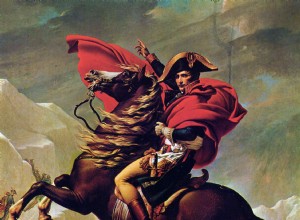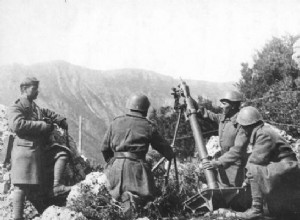Napoleon Bonaparte (1769 – 1821) is considered one of the best military strategists in all of history but, like everyone else in life, he also suffered setbacks, defeats... and a great humiliation .Among the great setbacks we can mention the Russian campaign (1812) , as the most significant defeat




